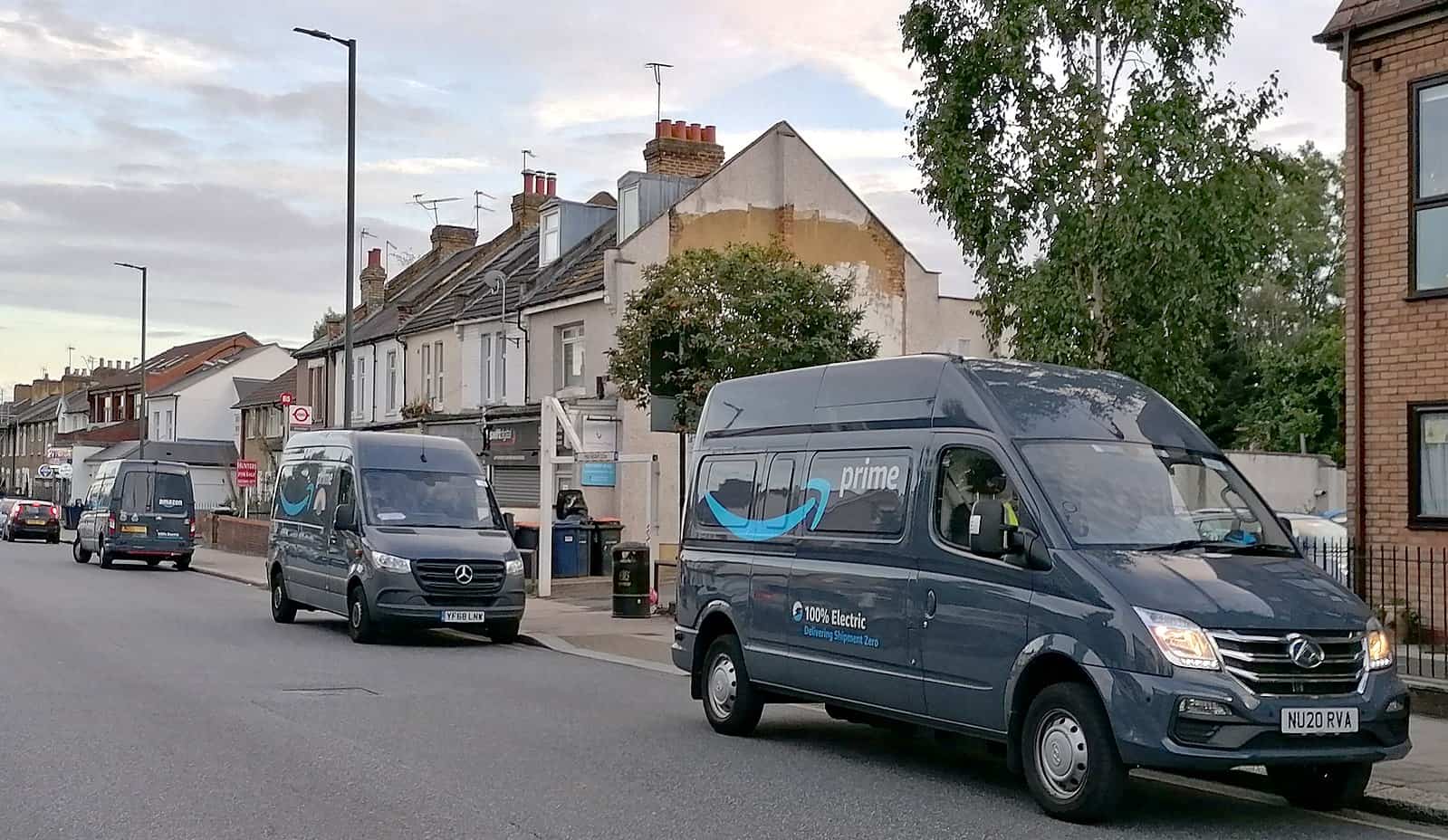
Lewit Gemeda is a student at Harvard Law School.
In today’s News and Commentary, a group of Amazon delivery drivers and dispatchers working for a Palmdale, California contractor become the first group of Amazon drivers to unionize, and striking Canadian federal government workers seem to be approaching a resolution with the government.
Last week, 84 drivers and dispatchers at Battle Tested Strategies—an Amazon contractor—entered a contract with the Teamsters, which the employer voluntarily recognized. The contract includes an immediate raise to wages, a schedule for meaningful future raises, and provisions that address vehicle conditions and heat exposure issues. The drivers, while not direct Amazon employees, wear Amazon branded vests, drive Amazon branded vans, and only deliver Amazon packages. The workers informed Amazon of their new union on Monday and asked that it comply with the terms of the contract. The contract may require Amazon to change how it deals with wage floors, selects delivery routes and schedules, and the termination powers it retains. Amazon has responded to the news about the union by emphasizing that 1) these employees are not Amazon employees, and 2) that it had previously terminated Battle Tested Strategies’ contract due to poor performance. Eileen Hards, an Amazon spokesperson, made the following statement: “Whether the Teamsters are being intentionally misleading or they just don’t understand our business, the narrative they’re spreading is false… This particular third party company had a track record of failing to perform and had been notified of its termination for poor performance well before today’s announcement.”
Next, a strike by 155 Canadian federal workers may be coming to a close soon. On Sunday, the union made the statement that progress has been made on remote work allowances and on wage increases for the Treasury Board employees. Currently, the strike is scheduling to continue while negotiations over a deal for workers at Canada’s revenue agency continue. The strike has affected a wide range of public services such as tax return processing and passport renewals. The revenue agency employees want a 22.5% pay raise over three years, while Treasury Board workers are looking for a 13.5% raise over three years. The government has offered each group a 9% raise.





Daily News & Commentary
Start your day with our roundup of the latest labor developments. See all
April 19
Alabama and Louisiana advance anti-worker legislation; Mercedes workers in Alabama set election date; VW Chattanooga election concludes today.
April 18
Disneyland performers file petition for unionization and union elections begin at Volkswagen plant in Tennessee.
April 18
In today’s Tech@Work, a regulation-of-algorithms-in-hiring blitz: Mass. AG issues advisory clarifying how state laws apply to AI decisionmaking tools; and British union TUC launches campaign for new law to regulate the use of AI at work.
April 17
Southern governors oppose UAW organizing in their states; Florida bans local heat protections for workers; Google employees occupy company offices to protest contracts with the Israeli government
April 16
EEOC publishes final regulation implementing the Pregnant Workers Fairness Act, Volkswagen workers in Tennessee gear up for a union election, and the First Circuit revives the Whole Foods case over BLM masks.
April 15
The Supreme Court ruled in favor of bakery delivery drivers in an exemption from mandatory arbitration case; A Teamsters Local ends its 18-month strike by accepting settlement payments and agreeing to dissolve